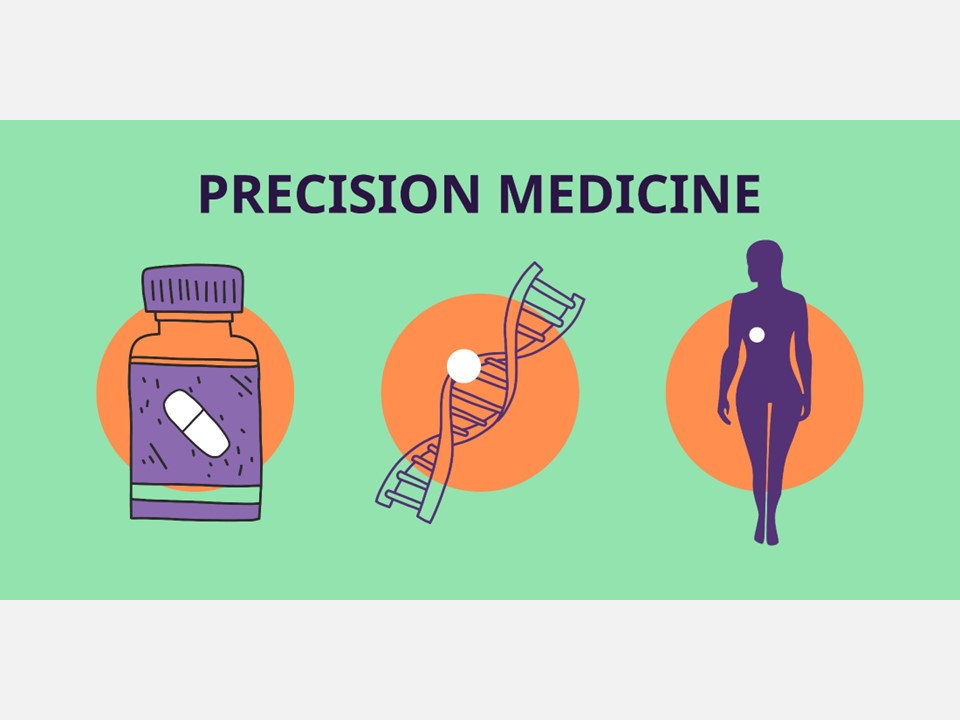
Advancing Healthcare: The Precision Medicine Revolution
Precision Medicine is at the forefront of a transformative wave in healthcare, offering personalized approaches to diagnosis, treatment, and prevention. This revolutionary paradigm considers individual differences in patients’ genes, environments, and lifestyles, paving the way for more effective and targeted medical interventions.
Understanding Precision Medicine
Precision Medicine represents a departure from the traditional one-size-fits-all approach to healthcare. Instead, it embraces the uniqueness of each patient, recognizing that genetic variations influence how individuals respond to treatments. By tailoring medical strategies to specific genetic profiles, Precision Medicine aims to optimize outcomes and minimize adverse effects.
Genomic Medicine: Decoding the Blueprint
At the heart of Precision Medicine is Genomic Medicine, the study of an individual’s genes and their interaction with health and disease. Advances in genomic research have led to the identification of genetic markers associated with various conditions, enabling healthcare providers to make more informed decisions about patient care.
Customized Treatment Plans
One of the key advantages of Precision Medicine is the ability to create customized treatment plans. By analyzing a patient’s genetic makeup, healthcare professionals can prescribe medications that are more likely to be effective, reducing the need for trial and error and minimizing side effects.
Targeted Therapies for Cancer
In the realm of oncology, Precision Medicine has had a profound impact. Targeted therapies for cancer involve identifying specific genetic abnormalities in a patient’s tumor and tailoring treatment to target those abnormalities. This approach often results in more effective cancer treatments with fewer side effects.
Predictive Medicine: Anticipating Health Risks
Precision Medicine extends beyond treatment to include predictive aspects. By analyzing genetic and environmental factors, healthcare providers can assess an individual’s risk for certain diseases. This proactive approach allows for early interventions, preventive measures, and personalized health management strategies.
Challenges and Ethical Considerations
While Precision Medicine holds great promise, it also presents challenges. Issues such as data privacy, the potential for genetic discrimination, and the need for comprehensive genetic counseling must be addressed. Striking a balance between advancing medical knowledge and protecting individual rights is crucial for the ethical implementation of Precision Medicine.
Patient Empowerment through Education
Education plays a vital role in the successful implementation of Precision Medicine. Empowering patients with information about the benefits, risks, and implications of genomic testing fosters informed decision-making. It also encourages active participation in their healthcare journey, creating a collaborative relationship between patients and healthcare providers.
The Role of Technology in Precision Medicine
Technology is a driving force behind the progress of Precision Medicine. Advances in DNA sequencing, bioinformatics, and data analytics enable researchers and healthcare professionals to analyze vast amounts of genetic information efficiently. As technology continues to evolve, it will further enhance the accuracy and accessibility of Precision Medicine.
Organic Zabiha: Navigating Precision Medicine with Holistic Wellness
Explore the intersection of Precision Medicine and holistic wellness at Organic Zabiha. As Precision Medicine redefines healthcare, Organic Zabiha aligns with a holistic approach, offering resources and products that complement the journey towards personalized well-being.
In conclusion, the Precision Medicine revolution represents a significant leap forward in healthcare, ushering in an era where treatments are tailored to the individual characteristics of each patient. As research and technology continue to advance, Precision Medicine holds the promise of more effective, personalized, and patient-centered healthcare interventions, marking a transformative chapter in the history of medicine.